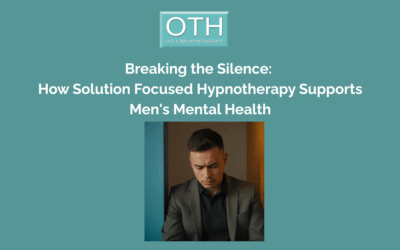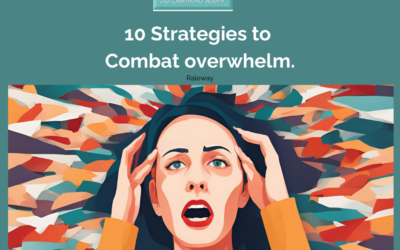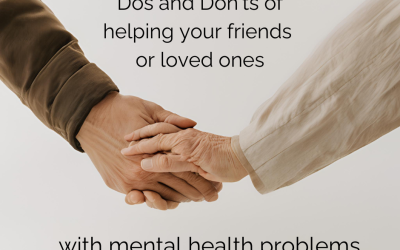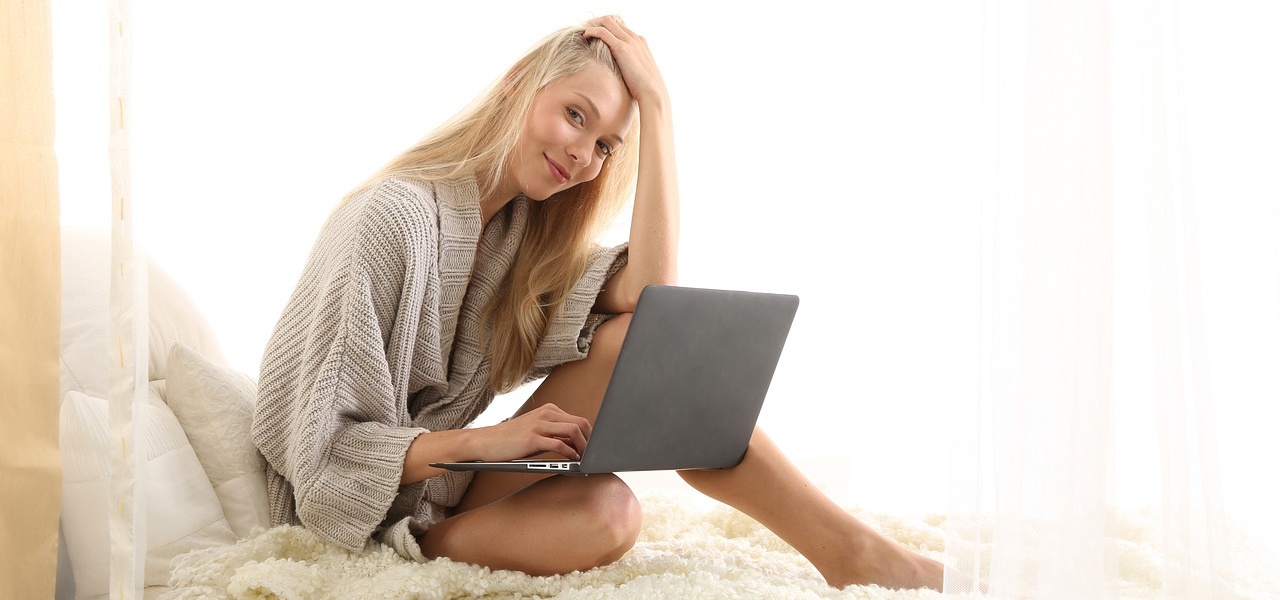
Technology has invaded our lives to the point where it has even infiltrated the bedroom and has become the last think we see at night and the first thing we reach for in the morning.
I’m not saying all technology is bad, on the contrary much it is good. Living in contemporary UK without a smart phone, table or other digital device makes life harder than necessary, we become disconnected from friends who all seem to be having a party on one social media site or another and we even put ourselves on the disadvantaged side of inequality if we are unable to access the the common social resources and information others can. Advancements in technology have brought many benefits to us, they’ve connected us globally at the speed of light and given us a wealth of information at our finger tips, but there is a dark side to having all this technology and it is without doubt contributing to the epidemic of anxiety and depression sweeping the western world.
For many, including me, just the thought of switching off and being without technology can induce anxiety. My work, income and connections with customers depends on being online and as I live a long way from many friends and family without technology in my life I would have to make a major reversal in lifestyle, but it doesn’t need an all or nothing approach, it’s about balance.
Danger Zones
Sleep Deprivation
When you use devices after dark, the light given off by the screens affects melatonin levels. Melatonin which is a hormone is made by the pineal gland, a small gland in the brain, and helps control your sleep and wake cycles. This is a vital part of your circadian rhythm which is basically a 24-hour internal clock that is running in the background of your brain and cycles between sleepiness and alertness at regular intervals. Using technology too close to bed time confuses your brain into thinking it is still daytime and you should be alert.
Toxic People
Social media platforms have become the equivalent of the old fashioned address book but it’s gone beyond being a simple record of contact details, inviting someone to be a ‘friend’ is inviting them to express their opinions right at you. It’s one thing having a window to the world and keep up to date with what other people are doing, but it’s another when some people use the power at their finger tips to spread negativity and discontent to the world. Sadly it says a lot about their life, but without realising it the flight/fight mechanisms in your own mind can subconsciously interpret this negativity it’s consistently exposed to as impending danger, crisis or emergency and anxiety levels build in the background affecting your outlook on life.
In addition, it seems a phenomenon of social media that some people think it’s okay to be aggressive, critical and even offensive without taking any responsibility for their actions. Things they would never say to someone face to face get the green light on the internet and it filters into our lives creating anxiety and adding to the burden of depression.
Malignant Messaging
It’s not only the subconscious damage toxic people are doing that is dangerous to your own wellbeing, the direct impact of hurtful comments, misinterpretation of text messages, the worry about why someone hasn’t instantly responded to your message (because you can tell they’ve read it) have an instant affect on anxiety levels.
How many times have you been at the receiving end of a message rant when someone has misinterpreted your message or vice versa. When you read a text message, you are reading from your own feelings and emotions at that time. You can’t read the subtle body language signals and tone of voice that communications the state of mind of the person sending the message so we use our own tone and feelings towards that person at the time of reading. Communication is 70% unspoken, so is it any wonder that the subtleties of human communication, a skill that has contributed to us being the dominant species on the plant, gets lost and misunderstood in a simple bit of text.
Discontent
One of the dangers especially for vulnerable young people is the predisposed human tendency to compare themselves to others. The constant exposure to celebrity culture and marketing companies exploiting human psyche to set expectations and perception of ‘norms’ leads to negative introspection about themselves if they don’t meet these widely advertised expectations or have the financial means to buy into the consumer culture. If a person feels they ‘fall short’ of bar it can contribute to anxiety, depression, social anxiety, lack of self esteem and confidence which in turn will negatively impact their lives.
‘Do Not Switch Off’
Whatever you do – ‘don’t switch off’, you might miss something. Our devices being always on means we are always switch on and the fear of missing something important keeps us and them on. Research shows that the average time an email is answered now is two minutes and messaging is even more instant. We willingly give instant access to anyone who demands it and we worry if they can’t – does that sound rational? In reality, what would the impact of switch devices off for short periods be in your life?
How to gently put boundaries around the danger
– and reduce and anxiety and depression in our lives
You notice I used the word ‘gently’, you need to do this in gentle steps, it isn’t an all or nothing approach, but your wellbeing and mental health will improve if you take some simple, non invasive steps to reducing the invasion of technology in your life starting with:
Bedtime boundaries – do not take technology to bed with you. If you need an alarm clock, buy an alarm clock. Leave your phone on charge overnight in another room when you can’t see or hear it. Even better switch it off because subconsciously you will know nothing is coming in and you will be less tempted to look.
Evening boundaries – stop answering work emails after a set time in the evening, 7pm or 8pm would sound reasonable to me, but you must decide what is reasonable for you. Stop using computer technology altogether at least two hours before bedtime to avoid affecting melatonin levels and disrupting a good night’s sleep. Some devices have a night time light mode, if you can’t put it down, switch this on.
Play truant from your technology – leave your devices at home and go for a walk or even better go and do some exercise and burn of the adrenalin created from being constantly online. If feels uncomfortable to start with, you may even feel vulnerable without something to connect you to the world, but turn your positive mind on it and it will feel liberating.
Lunch Box Your Devices – This isn’t a box for your lunch, this is a box (or basket) for your devices and not just at lunch, at all mealtimes. At home in particular make mealtime a sociable time to talk, connect, catch up and support. Nourish the relationships you have with real people and family, your devices don’t need nourishing.
Reconnect the Real – Interaction with real people has a positive effect on feel good hormone and neurotransmitters and is an essential part of life. Humans were designed to be sociable creatures, we’re pack animals, we naturally herd together and it is one of the other elements that has made us so evolutionary successful. Technology has enabled the ‘lazy’ in us to ignore this instinct for human company and facilitated solitary lives, it is neither natural or healthy. Think of a time recently when you’ve had a great time being with friends, relatives or colleagues and remember how it felt good. Intentionally create situations for real people time in your life instead of relying on the technology people for your interaction.
Use the technology to arrange the things that keep you happy, balanced, calm and stress free such as exercise, hobbies, interaction, talking and doing the things you love instead of using them as a surrogate for real life and you will lower your anxiety levels and reduce depression.
Wishing you health, wealth, happiness and success

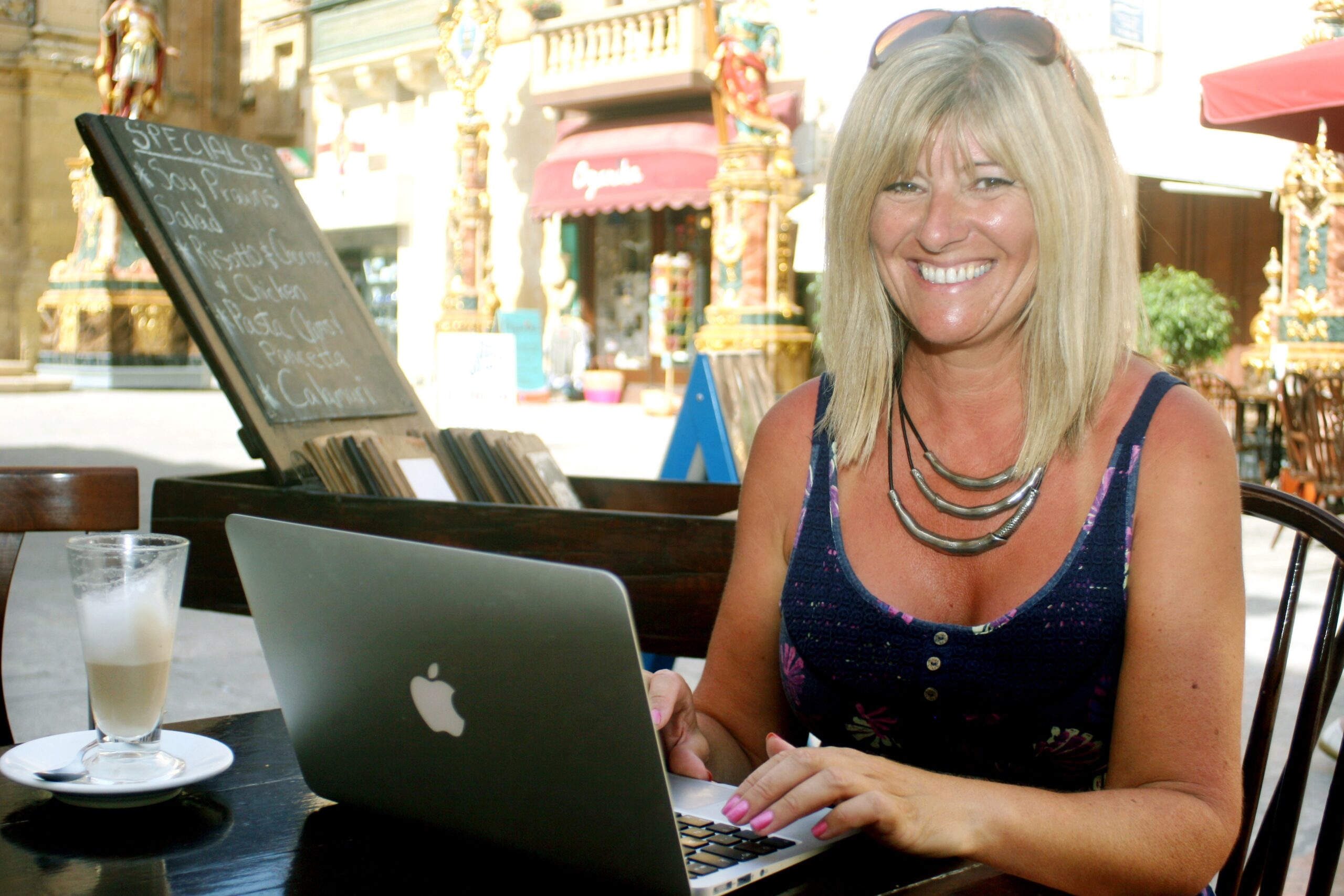
Arrange a Free Initial Consultation in Cirencester, Exeter, Plymouth, Swindon or by Skype
Shop Online for Courses, eBooks and Self Hypnosis Tracks to help anxiety and depression
Breaking the Silence: How Solution Focused Hypnotherapy for Men Supports Men’s Mental Health
Discover how Solution Focused Hypnotherapy for Men effectively enhances men’s mental health by offering practical, stigma-free, and goal-oriented therapy that produces genuine results.
10 Strategies to Combat Overwhelm
10 Strategies to combat feelings of overwhelm As we enter the final few days before Christmas and the to do list grows, how do we recognise, and combat, feelings of overwhelm? What do we mean by Overwhelm? Overwhelm is a state of feeling emotionally or mentally...
12 Strategies and Tips to Combat Loneliness
12 Strategies and Tips to Combat Loneliness Loneliness is a feeling of isolation and disconnection that can affect people of all ages and backgrounds. It’s a universal human experience that, when prolonged, can lead to mental and physical health issues. Especially in...
Dos and Don’ts of helping friends or loved ones with mental health problems
Discover practical tips for supporting loved ones with mental health issues and learn how hypnotherapy has helped public figures like Adele and Matt Damon. Our blog offers insights on positive interactions, creative activities, and professional help. Visit Old Town Hypnotherapy for a free consultation and start the journey to mental wellness.
Sunlight and Mental Health
The importance of sunlight for a healthy mind.
Understanding Anxiety
Understanding the biological, psychological and environmental reasons that lead to anxiety disorders.
Disclaimer | Privacy Policy | Terms and Conditions
Copyright © OLD TOWN HYPNOTHERAPY 2016 All Rights Reserved


